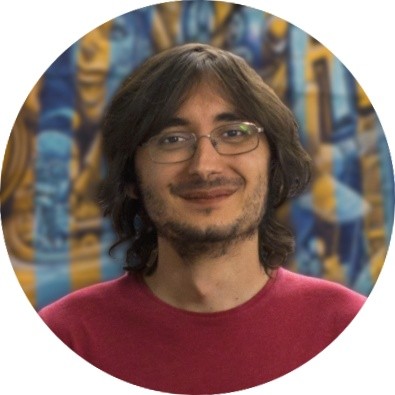Dr. Valerio Velardo
Senior Data Scientist at Musimap
Valerio Velardo was a co-founder of Melodrive. Which was the first AI music engine that generates video game music in realtime. In which the generated soundtracks evolve endlessly and adapt their emotional features, based on the narrative and visual state of the game. Now he is a consultant and freelancer in the AI audio/music industry. He holds a Senior Data Scientist position at Musimap, where he develops Machine Learning algorithms for music analysis.
Since January 2020, he has been running The Sound of AI YouTube channel, providing educational content on AI audio/music’s technical and business aspects. Valerio also founded The Sound of AI Slack Community, which boasts around 2,000 members including learners, practitioners, and researchers.
He is leading the OpenSource Research project, a collaborative research initiative in AI music, involving hundreds of members from The Sound of AI community. In which he develops new project management techniques for coordinating large-scale, remote, voluntary teams.
Valerio’s academic background is as diverse as it is impressive, holding a PhD in AI Music and degrees in both music (composition, conducting, piano performance) and astrophysics. He has a long-standing engagement with programming and AI, research experience in music cognition, and a deep interest in the philosophy of science.
He is an avid advocate of agile methodologies, clean code, test-driven development, and the lean startup approach, with a strong belief in open source and open science principles.
A Journey Through Generative Music AI
On April 10, 2024 at 05:00 PM (UTC+1)Generative music is a rapidly growing field that has garnered attention from researchers, creatives, and the music industry. This talk aims to provide a comprehensive overview of the history and current state of AI-generated music. It will highlight the most iconic systems that have been developed in the space, and delve into the challenges and limitations of generative music. The discussion will also look towards the future prospects of AI in the music industry, and consider how these developments may shape the creation and consumption of music in the coming years.

Given the significance of artists' identities and presentation in music culture, as well as fan attachment to those, how do you perceive the challenge of establishing distinct identities for AI-generated music? Can AI-generated music achieve cultural relevance and popularity without the presence of human artists?